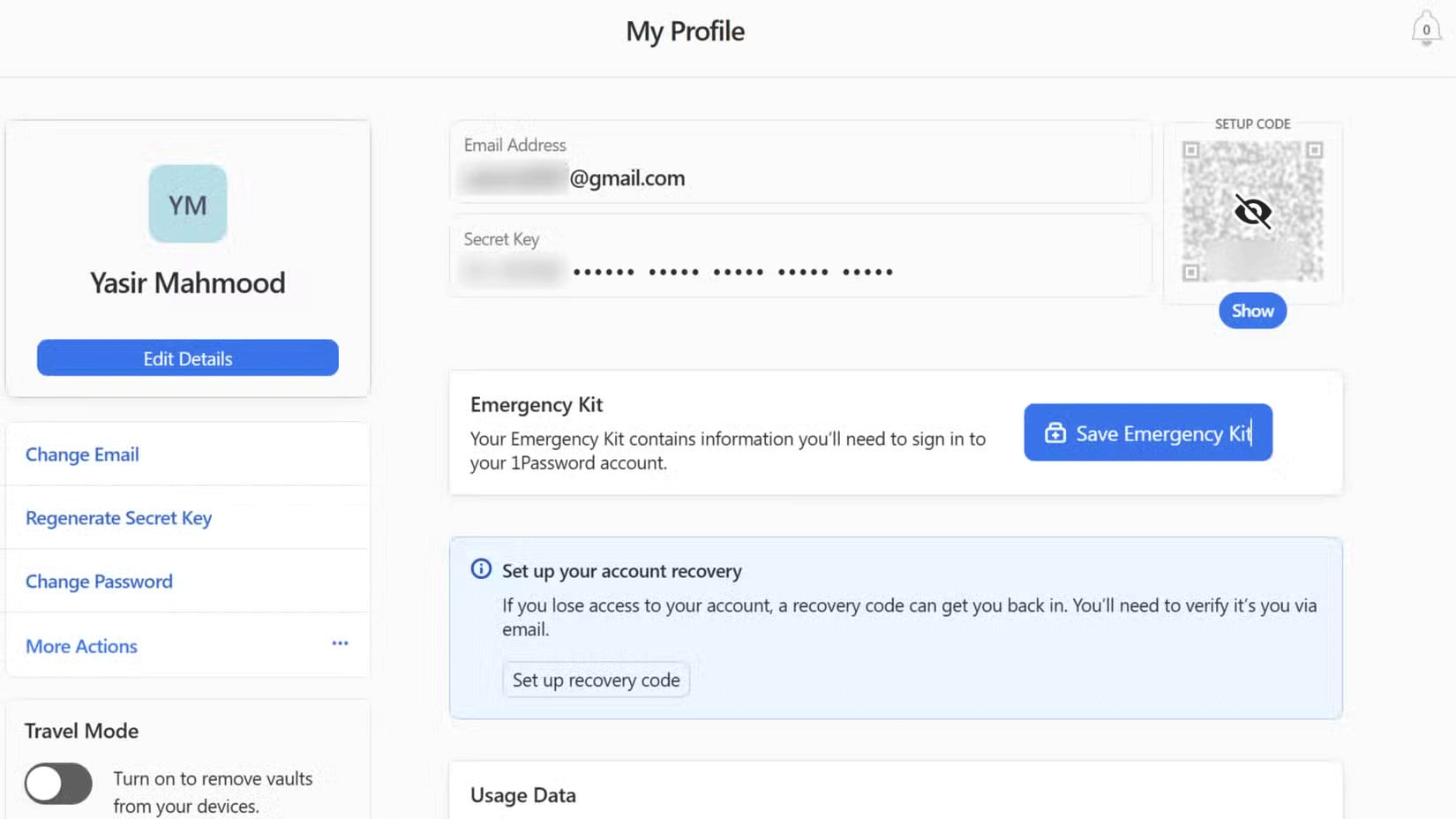Why use 1Password instead of Google Authenticator?
When it comes to protecting online accounts, two-factor authentication (2FA)A) is a must. However, after years of using Google Authenticator, many people have switched to 1Password for all their authentication needs, and here's why.
1. Google Authenticator Cloud Backup Lacks End-to-End Encryption
While the addition of Google Authenticator cloud backup is a step in the right direction, it currently lacks one important security feature — end-to-end encryption (E2EE). Without E2EE, your backup keys are vulnerable to unauthorized access, which defeats the purpose of having 2FA in the first place.
E2EE is planned for a future rollout, but Google is taking a cautious approach to the rollout. While this is understandable, it leaves users without the highest level of security for their 2FA codes in the meantime. This lack of E2EE is especially concerning given Google's history of security issues, such as the discovery of a security flaw in 2018. Google Password Manager is safe and secure, but you may want to use other options.
1Password ensures that all data, including 2FA codes, is protected with AES-256 encryption. Until Google Authenticator implements E2EE for cloud backup, many people will continue to use 1Password for their 2FA needs.
2. Has both password manager and 2FA Authenticator in one app
Another big reason people turn to 1Password is the convenience of having both a password manager and 2FA authenticator in one app. With 1Password, you no longer have to juggle multiple apps to manage your online security.

Integrating 2FA codes with your logins in 1Password means you can access your account with just a few taps—no more fumbling with copy-pasted codes. Plus, 1Password's Watchtower feature keeps track of your passwords and alerts you to breaches or weak passwords that need updating, so you can use 2FA for that app or website, too.
3. Securely access codes on any device
Another big advantage of using 1Password for 2FA is that I can access my codes on any device. Whether it's on my phone, tablet, or PC, I can easily retrieve my 2FA codes without compromising security.
This cross-device syncing is made possible by 1Password's secure cloud storage and encryption. With your data protected by AES-256 encryption, you can trust that your codes are safe no matter what device you're using. You'll need your secret key and password to sign in to 1Password on a new device.

In contrast, Google Authenticator's sync feature is currently limited to mobile devices, and even that doesn't have E2EE protection. 1Password, on the other hand, is available on all major platforms — iOS, Android, Windows, macOS, and Linux.
1Password's combination of security, convenience, and cross-platform accessibility makes it a top choice for securing accounts with 2FA codes. While Google Authenticator remains a popular choice, 1Password's all-in-one approach and encryption will give you more peace of mind.
You should read it
- ★ What is Google Authenticator? How to use Google Authenticator to secure your Google account
- ★ Google Authenticator adds 'formidable' security layer to email accounts
- ★ 5 Best Alternatives to Google Authenticator
- ★ How to verify Google Authenticator on Windows PC
- ★ Google Authenticator adds an important feature that's been waiting for 13 years